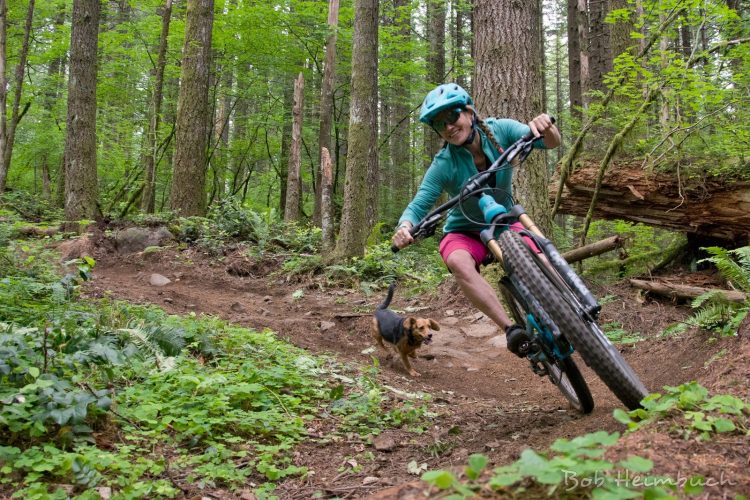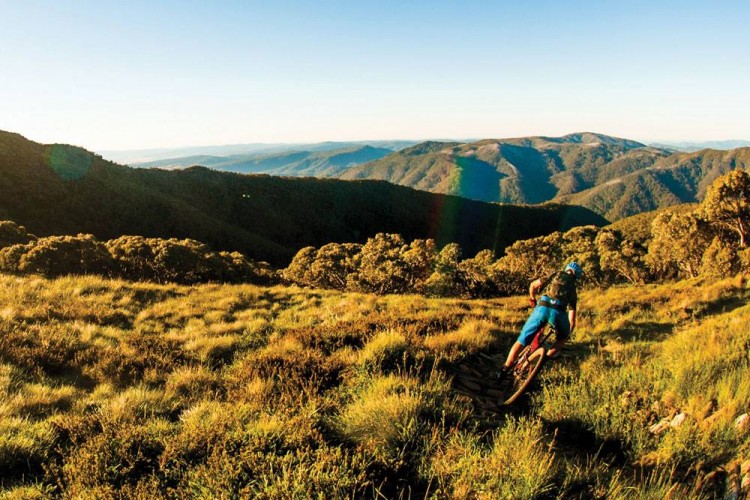
Recent years have seen a dramatic increase in the recognition of the part outdoor recreation plays in our economy, especially in areas now depressed due to the loss of high impact public land usages like mining and logging. The loss of these traditional industries weighs especially heavy in states with a strong environmental ethos, but who still wish to provide economic opportunities for their citizens.
The Recreation-Not-Red-Tape Act (RNR) (full text here), introduced by Senator Ron Wyden (D-OR) and Representative Rob Bishop (R-UT) seeks to enhance opportunities and make it easier for Americans to get out and enjoy our public lands. The bill’s sponsors and supporters see the removal of barriers to access to not only be healthy for Americans, but also a boon to local economies that may benefit from additional tourist activity. Already, groups ranging from the International Mountain Bike Association to The Wilderness Society have come out in support of the bill and the effect it could have on providing both incentive and ease of access.
In pursuit of the goals of the Act, it includes the following provisions:
- Federal land management agencies must adopt a uniform process for issuances of special permits for outfitters and guides.
- Federal land management agencies should work with the Department of Defense and Veterans Affairs to provide veterans with access to outdoor programs, and increase program opportunities for those over the age of 55.
- Make a number of free America the Beautiful passes available to schools and students.
- Retention of ski area fees for recreational purposes.
- Federal land management agencies may develop programs designed to increase public land use during traditional off seasons.
- The Army Corps of Engineers, the Bureau of Reclamation, and the Federal Energy Regulatory Commission shall consider how land and water management decisions can enhance recreation opportunities and the recreation economy.
- The bill establishes a National Recreation Area System, a private sector volunteer enhancement program, and a priority trail maintenance program.
- The bill directs federal land management agencies to develop joint trial management plans for the care of trails that cross jurisdictional boundaries.

Conceptually, the idea of easing access to our great outdoors is a step in the right direction. Some of the provisions of the bill have the potential to expand opportunities for mountain biking. However, it is important to understand the limitations of the bill as well. First, the bill has as much “should” and “may” as it does “shall” or “will.” Consequently, it is as suggestive as it is directive in nature.
Second, some of the provisions only codify things which have already been done. For instance, we already have National Recreation Areas (NRA), which were created without the structure of a formal NRA system; it is unclear to what extent the creation of an overarching system will create new recreational opportunity.
Lastly, the bill does not supersede prior legislation such as the National Environmental Protection Act, which still demands a very red tape-intensive process for any change in public land use or new trail construction.
It is also worth noting that while the bill purports to encourage and streamline recreational access in federal lands, it makes no provision to reevaluate any existing bureaucratic or regulatory prohibition on bikes in lands where they are currently disallowed.





















1 Comments
Aug 3, 2017
Also, don't get too excited that IMBA is supporting the whole wilderness thing, cause this aint it.